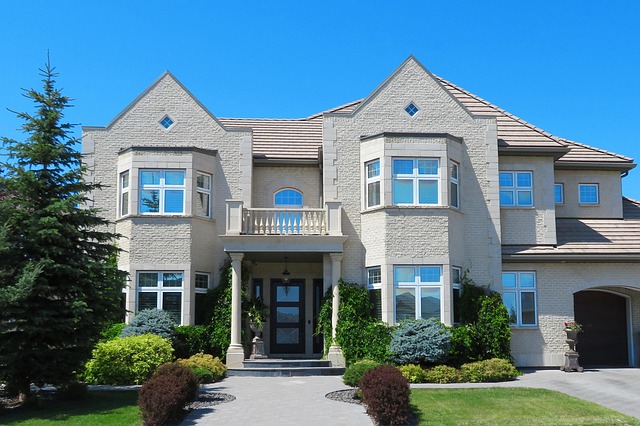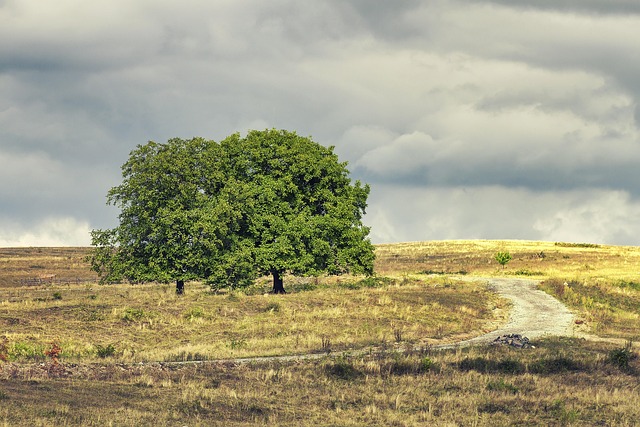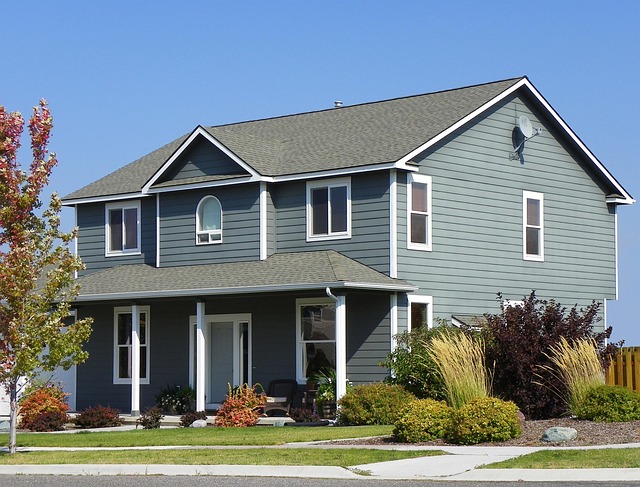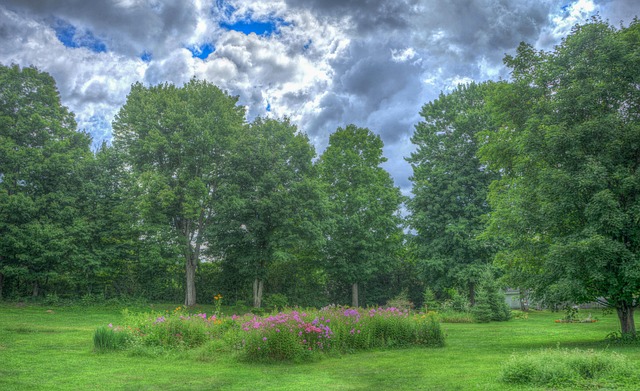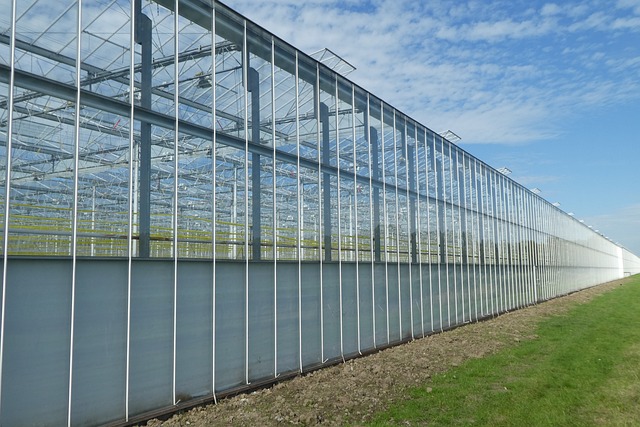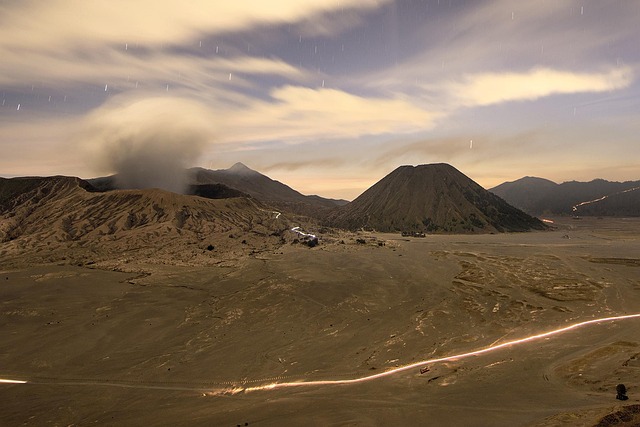Portland, Oregon, is a leader in sustainable landscaping, prioritizing eco-friendly green spaces that enhance quality of life and minimize environmental impact. This approach integrates native plant species, efficient water management, and innovative design to promote biodiversity and ecological balance. Through community engagement, collaborative projects, and harnessing green infrastructure, Portland transforms urban areas into thriving habitats, setting a model for other metropolitan areas in sustainable landscaping (Landscaping Portland OR).
“Discover how Portland, Oregon, leads the way in sustainable landscape solutions. This article explores the city’s commitment to eco-friendly practices and its goal of creating vibrant, green spaces. From the strategic use of native plants to innovative water conservation techniques, we uncover the driving forces behind Portland’s successful landscaping. Green infrastructure is also spotlighted for its transformative effect on urban environments. Learn from community engagement strategies and real-world case studies showcasing the city’s commitment to a sustainable future in Landscaping Portland OR.”
- Understanding Portland's Sustainable Landscape Goals
- The Role of Native Plants in Portland's Eco-Friendly Approach
- Water Conservation Strategies for Landscaping in Oregon
- Green Infrastructure and Its Impact on Urban Spaces
- Community Engagement: Collaborating for a Greener Portland
- Case Studies: Successful Sustainable Landscapes in the City
Understanding Portland's Sustainable Landscape Goals
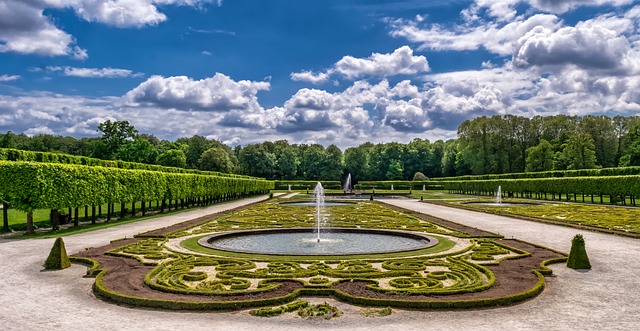
Portland, known for its progressive urban planning and eco-conscious initiatives, has set ambitious goals for sustainable landscaping across the city. The focus is on creating vibrant green spaces that enhance the quality of life for residents while minimizing environmental impact. This approach involves integrating native plant species to support local ecosystems, efficient water management practices to reduce consumption, and innovative design strategies that prioritize biodiversity and ecological balance.
The city’s landscape solutions aim to transform urban areas into thriving habitats by incorporating sustainable design principles. This includes promoting permeable surfaces to manage stormwater runoff, reducing the need for chemical fertilizers and pesticides through organic landscaping methods, and encouraging the use of native vegetation that requires less maintenance and water. These efforts not only contribute to a greener Portland but also foster a deeper connection between residents and their natural environment.
The Role of Native Plants in Portland's Eco-Friendly Approach
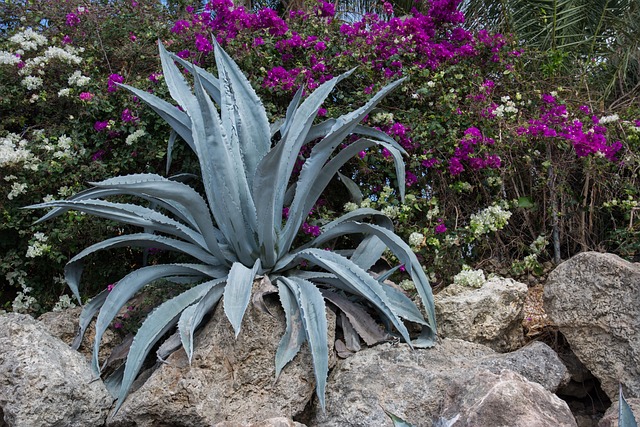
In Portland, OR, the focus on sustainable landscaping isn’t just a trend—it’s a way of life that deeply roots into the city’s eco-conscious culture. Native plants play a pivotal role in this approach, offering numerous benefits for both the environment and the community. These plants are specifically adapted to the local climate and soil conditions, making them robust and low-maintenance once established. By incorporating native species into landscaping projects throughout Portland, residents contribute to the preservation of the region’s unique biodiversity while reducing water usage and minimizing the need for chemical interventions.
The use of native plants in Landscaping Portland OR creates a harmonious relationship between urban development and natural ecosystems. They provide habitats and food sources for local wildlife, from insects to birds, fostering a thriving ecosystem within the city limits. Moreover, native vegetation helps with soil erosion control, improves air quality, and supports a robust and resilient urban landscape that is better equipped to withstand climate change challenges. This eco-friendly approach not only enhances the beauty of Portland’s green spaces but also ensures their longevity for future generations.
Water Conservation Strategies for Landscaping in Oregon
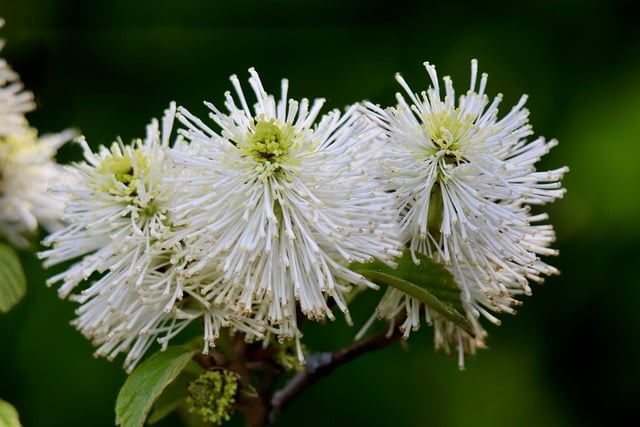
In Portland, OR, where landscapes are vibrant and diverse, water conservation strategies for landscaping have become a crucial part of sustainable practices. With a focus on preserving this beautiful tapestry, local experts advocate for efficient irrigation systems that cater to the unique needs of different plant species. This involves using smart technology to automate watering schedules based on real-time weather data, ensuring plants receive only what they need when they need it.
Additionally, choosing native and drought-tolerant plants is a game-changer for Portland’s sustainable landscaping. These plants require less water and provide habitat for local wildlife. Combine this with permeable surfaces like gravel paths and paved areas that allow water to filter into the soil, reducing runoff. Landscapers in Portland, OR, are also encouraged to implement rainwater harvesting systems, utilizing barrels or tanks to collect rainwater from downspouts for later use in irrigation, creating a sustainable cycle.
Green Infrastructure and Its Impact on Urban Spaces

Green infrastructure, a revolutionary concept in urban planning, is transforming how we design and manage our cities, especially in landscapes like Portland, OR. This approach leverages natural processes to create vibrant, sustainable environments that mimic the functions of natural ecosystems. By integrating green elements such as parks, green roofs, and permeable surfaces into urban spaces, Portland’s landscaping professionals are enhancing water management, improving air quality, and providing habitats for local wildlife.
These strategies not only contribute to environmental preservation but also offer aesthetic benefits, creating more inviting and livable cities. In Portland, the focus on green infrastructure has resulted in stunning public spaces that double as natural filters, reducing the strain on drainage systems. This holistic approach to landscaping Portland OR is a model for sustainable urban development, ensuring a healthier and more resilient future for the city and its residents.
Community Engagement: Collaborating for a Greener Portland
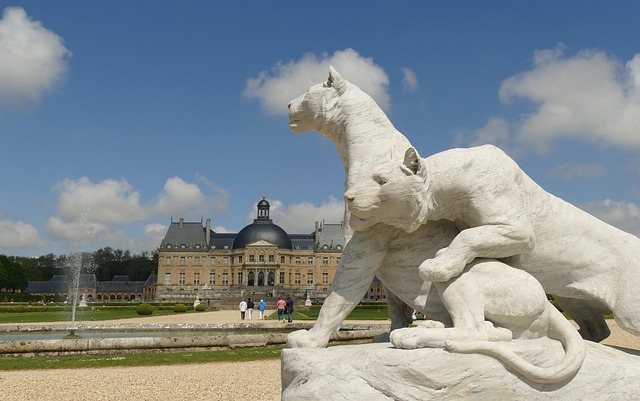
In the pursuit of a greener Portland, community engagement plays a pivotal role in shaping sustainable landscape solutions. By fostering collaboration between residents, local businesses, and governmental bodies, the city can harness collective wisdom and resources to enhance its natural environment. Landscaping Portland OR is not just about designing scenic spaces; it’s about empowering the community to take an active part in preserving and improving their urban oasis. Through public workshops, neighborhood clean-up drives, and planting initiatives led by local groups, residents become stewards of their surroundings, fostering a deeper connection with nature and each other.
This collective approach ensures that landscaping efforts are not only environmentally sound but also socially inclusive. By engaging diverse voices, Portland can create landscapes that cater to various needs and preferences, promoting accessibility and biodiversity. From community gardens to eco-friendly parks, these collaborative projects not only beautify the city but also serve as educational hubs, teaching residents about sustainable practices and the importance of preserving local ecosystems. With every shared idea and rolled-up sleeve, Portland moves closer to becoming a truly sustainable metropolis where everyone has a stake in its green future.
Case Studies: Successful Sustainable Landscapes in the City
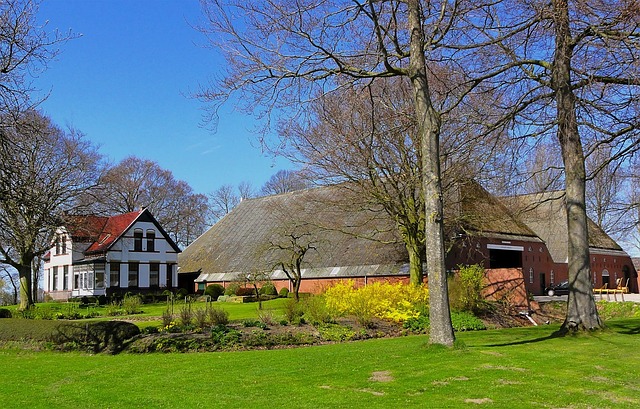
In the vibrant and bustling city of Portland, Oregon, landscaping has evolved beyond mere aesthetics to become a powerful tool for environmental stewardship. The city’s commitment to sustainability is evident in numerous successful case studies showcasing innovative landscape solutions. These projects transform public spaces, private gardens, and urban areas into thriving eco-friendly oases. From green roofs that reduce the urban heat island effect to native plant gardens that support local biodiversity, Portland’s landscaping practices set an example for other metropolitan areas.
One standout project involves the revamping of a historic park, where designers implemented water-efficient irrigation systems and incorporated permeable materials to improve stormwater management. This transformation not only reduced the park’s environmental footprint but also enhanced its beauty and functionality, attracting both locals and tourists. Such initiatives highlight how landscaping can seamlessly integrate ecological preservation with urban design, making Portland a model for sustainable practices in Landscaping Portland OR.
Portland’s commitment to sustainable landscaping is a comprehensive and inspiring initiative that transforms urban spaces into vibrant, eco-friendly oases. By integrating native plants, implementing water conservation strategies, embracing green infrastructure, and fostering community engagement, the city sets a powerful example for landscaping Portland OR. The diverse range of successful case studies featured highlights the transformative potential of these practices, offering valuable insights for anyone seeking to create beautiful, sustainable landscapes. This approach not only enhances the environment but also enriches the lives of residents, ensuring a brighter, greener future for Portland, OR.
